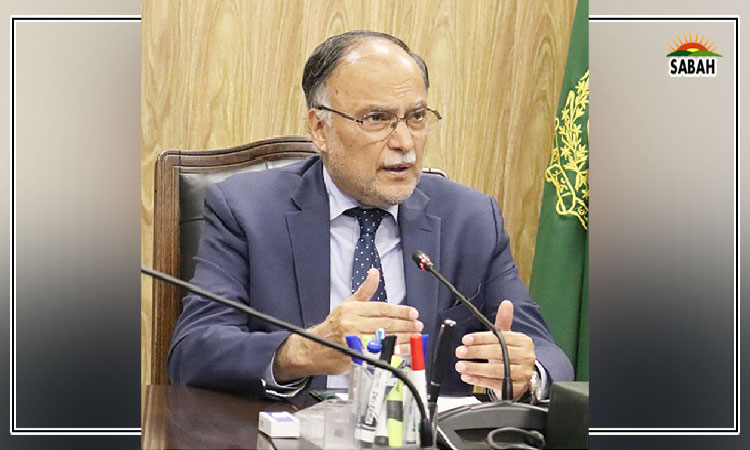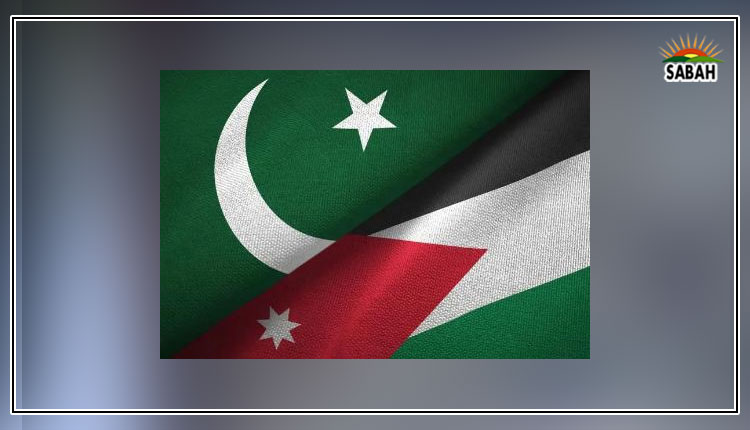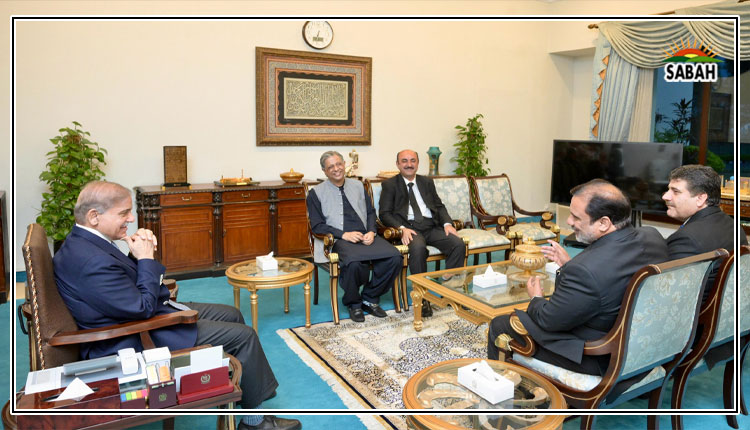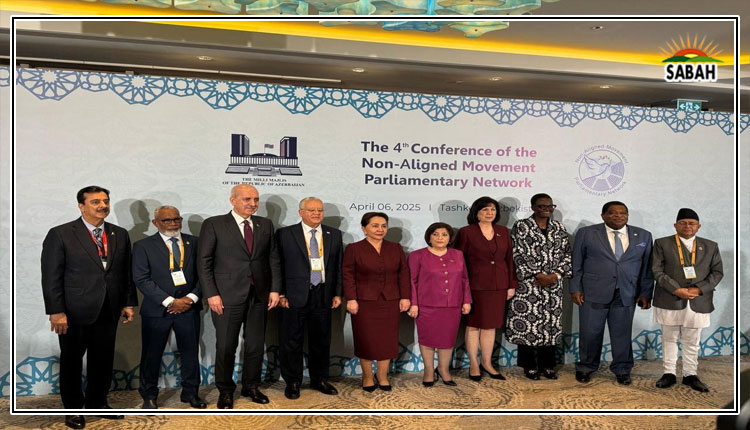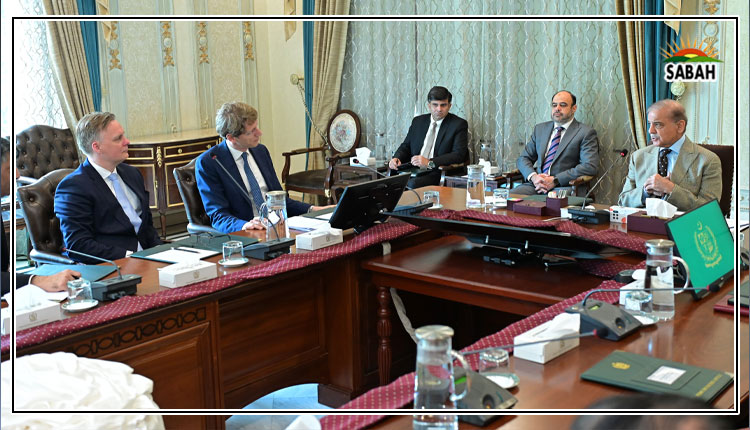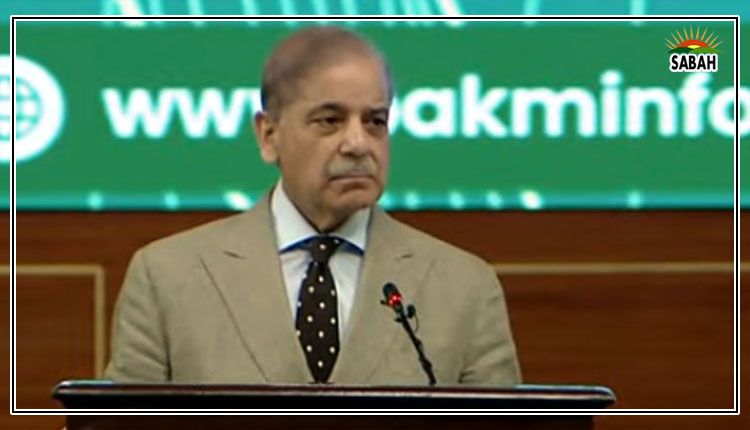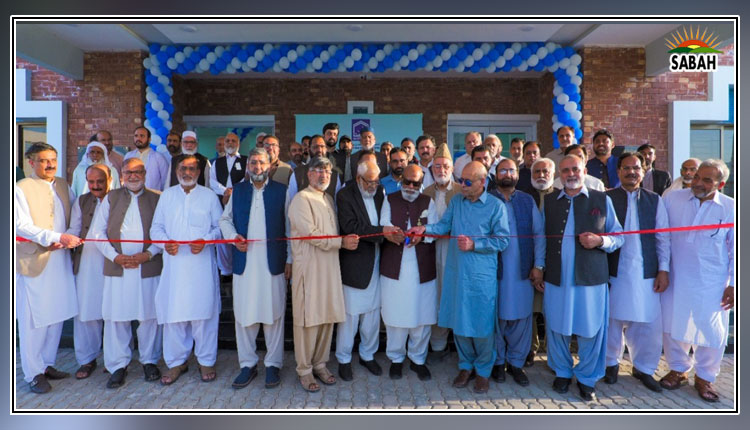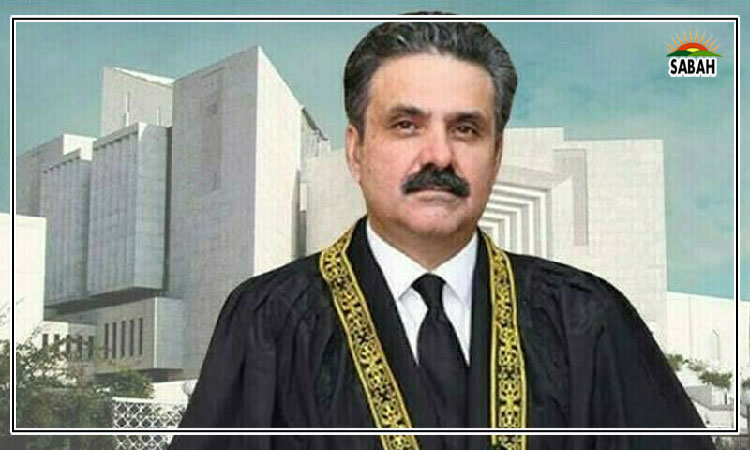IIOJK: India’s quest for legitimacy…Dr Moonis Ahmar
Some four years after the passing of Jammu & Kashmir Reorganization Act by the Indian Parliament, the Modi regime is now implementing phase two of its Kashmir agenda: to seek legitimacy for Indian Illegally Occupied Jammu & Kashmir (IIOJK) by inviting international investment, particularly from Arab Gulf countries.
Foreign Office statement issued on April 11 asserted: Pakistan expresses its strong indignation over Indias decision to hold the G-20 Tourism Working Group meeting in Srinagar on 22-24 May 2023. Scheduling of two other meetings of a consultative forum on youth affairs (Y-20) in Leh and Srinagar is equally disconcerting. Indias irresponsible move is the latest in a series of self-serving measures… Pakistan vehemently condemns these moves.
From any standpoint, India is using its clout by holding the presidency of Shanghai Cooperation Organisation and G-20 to legitimise its position on the disputed territory.
New Delhi is now determined to seek international legitimacy for its occupation of Kashmir declared a disputed territory under the UNSC Resolutions passed in 1948 and 1949 by holding meetings of various international and regional organisations, particularly those related to tourism, in IIOJK. In March 2022, more than 30 CEOs from Gulf countries arrived in Srinagar to discuss investment opportunities. According to DW report of October 25, 2021, the government of Dubai signed an agreement with the government of India to invest in the infrastructure of Kashmir. It means the world is not interested in opposing absorption of IIOJK into India but wants a relationship based on trade and investment.
Dubais Emaar group has agreed to invest $60.5 million to build a shopping mall and a multipurpose shopping tower in Srinagar. Direct flights from Sharjah to Srinagar also reflect growing involvement of Gulf sheikhdom in IIOJK. It is not only in the disputed Valley where the Modi regime is luring foreign investment, but it is also offering investment opportunities to promote tourism in Ladakh the union territory which has a Buddhist majority population but is disputed, like Valley and Jammu.
If India succeeds in getting foreign legitimacy for IIOJK, it will move towards Gilgit-Baltistan and Azad Kashmir which they call occupied territories of Pakistan. Indian Defence Minister Rajnath Sindh is on record to have threatened to seek control of G-B and annex it with the Indian Union. Since its success in absorbing J&K under the so-called Reorganization Act of August 5, 2019, New Delhis approach is to strengthen its hold over the Muslim majority valley by promoting non-Muslim settlements and issuing them domicile certificates so that Hindu-centric BJP seeks electoral legitimacy in next elections.
Pakistan, besieged by political and economic crises, is unable to deter India from cementing its hold over IIOJK which has encouraged New Delhi to plan tourism meeting under G-20 in Srinagar. Pakistans networking and public relationship at the international level is so ineffective that it is unable to convince G-20 member countries, particularly China, Turkey and Saudi Arabia, to prevent India from holding tourism meeting in Srinagar. The focus of the Modi regime is on neutralising international opposition to Indias efforts to seek legitimacy in IIOJK, particularly in the Muslim-dominated Valley. If India as Chair of G-20 and SCO succeeds in luring some of the members of the two blocs to launch investment programmes in IIOJK, particularly in tourism and infrastructure, it will further legitimise its position.
Why is Pakistan concerned about the growing Indian involvement in IIOJK and to what extent is the Modi regime able to create a favourable condition at the international level for a foreign economic foothold, particularly in the Muslim-dominated Valley of Kashmir? How have Pakistans domestic woes helped India focus on fully integrating its occupied territories of J&K and to proceed with its expansionist designs in Gilgit-Baltistan?
Three realities tend to facilitate India in giving a practical shape to its age-old designs in J&K by seeking international legitimacy.
First, human rights and civil society organisations in India which had raised their voice against military crackdown in the occupied valley siege and search operations, extrajudicial killings and suspension of internet are now almost silent. Same is the case with Congress, Communist Party of India and other opposition parties which should have exerted pressure on the BJP government to reverse the Jammu and Kashmir Reorganization Act and restore the autonomous status of J&K. Muted voices in India against the repression in IIOJK tends to give confidence to the Modi regime to move further in strengthening its control over the Muslim majority Valley of Kashmir. Petitions against absorbing J&K are pending before the Indian Supreme Court which reflects a nexus between judiciary and the BJP government. The manner in which Yasin Malik and other Kashmiri leaders are detained and tortured speaks of the indifference in worlds largest democracy.
Second, why is it that popular resistance, particularly in the Valley of Kashmir, against the Indian occupation has failed to have any impact on New Delhis military repression? There is no letup in crackdown on Kashmiri dissidents but neither the Jammu & Kashmir Liberation Front nor the Hurriyat Conference or other Kashmiri resistance groups are able to augment their popular revolt against occupation forces. Perhaps, the capacity of Kashmiri resistance movements whose cause is just and genuine seems to have dwindled as the Modi regime cleverly penetrated in the rank and file of political groups having a long history of struggle against the Indian occupation. Peoples Alliance for Gupkar Declaration (PAGD) which strives for the J&K autonomy by restoring Articles 370 and 35-A is a conglomeration of National Conference, Peoples Democratic Part, Communist Party of India (M) and Communist Party of India. Established after the proclamation of J&K Reorganization Act, the PAGD which favoured dialogue with the Indian government on restoring J&K autonomy is now on the back foot because of its failure to persuade the Modi regime to revisit J&K Reorganization Act.
Third, Indias growing confidence in legitimising its position on IIOJK has much to do with Pakistans domestic predicament, namely political and economic crises. A mere protest note by our Foreign Office against the G-20 investment conference in Srinagar is not enough. Unless Pakistan is internally stable, it cannot effectively take a stand against Indias quest for legitimacy in IIOJK.
Courtesy The Express Tribune


